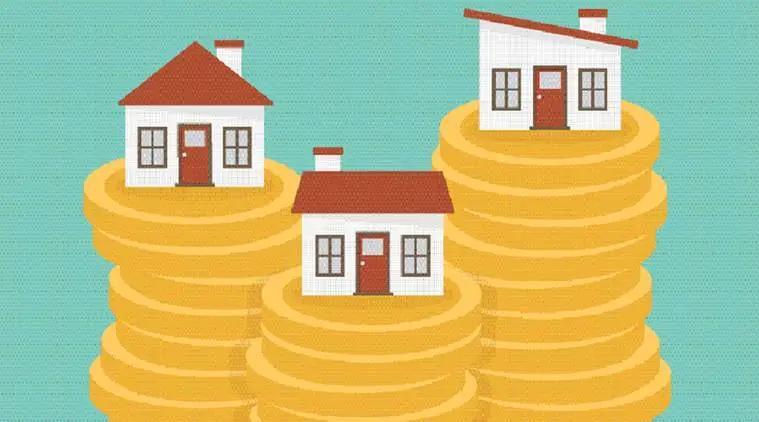Inflation is one of the most critical factors affecting the purchasing power of money over time. It impacts everything, from daily necessities to luxury items and long-term investments. At an inflation rate of 6%, a ₹50 lakh property or luxury car today would see its price rise significantly over the years, changing how people budget for big-ticket purchases.
Impact of Inflation on Big-Ticket Purchases
The value of ₹50 lakh today will not hold the same purchasing power in the future. Inflation reduces the value of money, meaning more money will be required to buy the same item in subsequent years. Here’s how a ₹50 lakh home or car would cost at an annual inflation rate of 6%:
- In Two Years: The price would increase to approximately ₹56.18 lakh.
- In Five Years: The price would rise to around ₹66.91 lakh, marking a steep increase within a relatively short period.
- In Ten Years: The price would nearly double, reaching ₹89.54 lakh, illustrating the compounding effect of inflation over time.

Why Understanding Inflation is Essential?
Financial Planning
Understanding inflation helps individuals plan their finances better. For instance, if someone is saving for a house or a luxury car in the future, they must account for the increase in price due to inflation and adjust their savings or investment strategy accordingly.
Investment Decisions
Inflation also affects investment returns. Investments need to outperform inflation to grow wealth effectively. For instance, if the inflation rate is 6%, an investment offering a return of 7% only yields a real return of 1%.
Cost of Living
Beyond homes and cars, inflation impacts everyday living expenses such as groceries, healthcare, and education. This gradual erosion of money’s value affects everyone, especially those on fixed incomes like retirees.
Public Reaction and Implications
The concept of inflation is often debated in financial discussions. While many understand its theoretical impact, the tangible increase in prices for homes and luxury items like cars brings the concept to life. With the rising cost of living, many people feel the pinch, especially those saving for significant purchases or investments.
Social media has sparked discussions around inflation’s implications. Many users have pointed out that without proactive financial planning, achieving long-term goals like homeownership could become increasingly challenging. Some humorously comment about needing “inflation-proof savings plans” to keep up with the rising prices.

Preparing for an Inflationary Future
To navigate inflation effectively, individuals can consider:
- Investing in Inflation-Linked Assets: These include gold, real estate, and stocks, which historically tend to appreciate over time.
- Maintaining a Diversified Portfolio: Balancing risk and reward across asset classes can help mitigate inflation’s impact.
- Regular Financial Reviews: Periodically reviewing and adjusting financial goals to account for changing economic conditions ensures readiness for inflationary pressures.
Inflation is an inevitable economic phenomenon that impacts individuals and economies alike. While it erodes the purchasing power of money, proactive financial planning and sound investment strategies can help mitigate its effects. As the cost of a ₹50 lakh home or car rises over the years, it underscores the importance of being financially prepared to meet future expenses without compromising on long-term goals.


